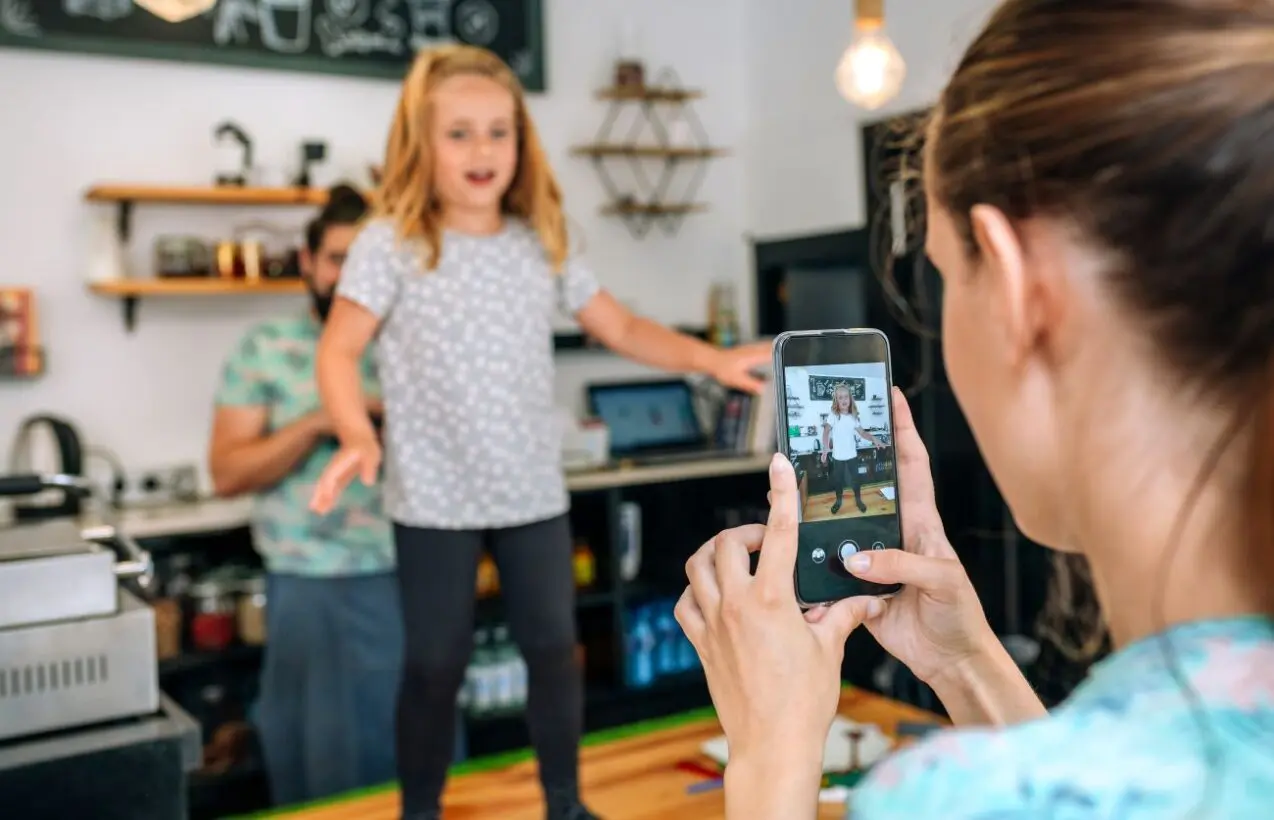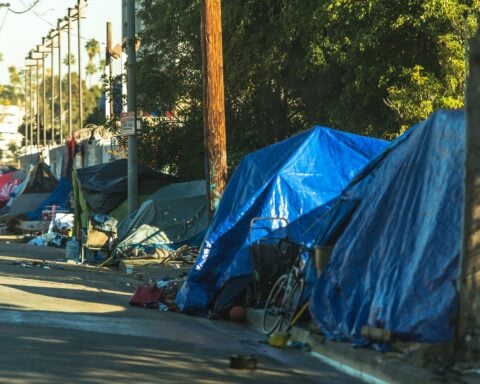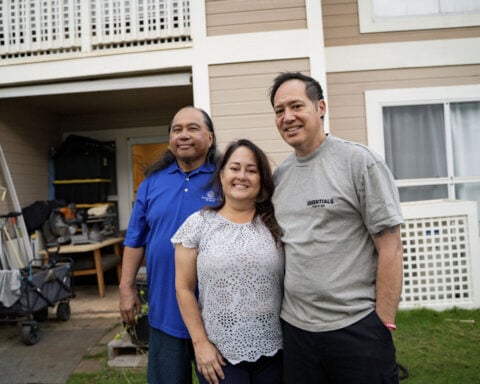As social media influencers, some parents have made their children's personal lives very public, sharing intimate details online for followers and profit. However, a growing movement of young people who had their childhoods chronicled on the internet are now demanding privacy laws to protect them.
Cam Barrett, 25, knows exactly when her first period began - September 9, 2009. That's because her mom announced the personal milestone on Facebook when Barrett was just 9 years old. She told CNN "It was super embarrassing," Barrett said, as many of her friends and their parents saw the post.
Barrett's childhood straddled the dawn of social media. Her mom was an avid user, posting everything from Barrett's tantrums to medical diagnoses to the fact that they were adopted. Nothing was off-limits, even though the oversharing severely impacted Barrett's mental health as a child.
"A lot of my friends and their parents had social media, so it was super embarrassing," Barrett told the outlet. In middle school, bullies used the over-exposed private information to mock her, causing anxiety and other issues. Sometimes, Barrett hid to avoid appearing on camera, fearing any confided secrets would end up online.
Barrett is currently part of a youth-led push urging lawmakers to protect child influencers whose parents monetize their images, videos, and private lives on social media. The advocates seek financial compensation for these children and the ability to delete unwanted childhood content as adults.
"I plead with you to be the voice for this generation of children because I know firsthand what it's like to not have a choice in which a digital footprint you didn't create follows you around for the rest of your life," Barrett tearfully told Washington state lawmakers in February.
Gen Zers who had their lives overshared online as children are speaking out about the lasting impacts. Children's advocates stress the importance of letting kids control their digital footprints and respecting their autonomy.
"Social media happened to us so quickly... It's like we all started taking a new medication, with no clinical trials or studies and no information about long-term side effects," said Caroline Easom, a comedian who mocks parents exploiting their kids for social media money.
While family vlogging can be lucrative, with top YouTube creators earning over $1,000 weekly, Easom says, "The cost of posting your child for your own validation and attention might be their trust, or worse, their safety."
Chris McCarty, 19, started Quit Clicking Kids to combat the monetization of children on social media. They say some child influencers live in homes resembling permanent TV sets, with parents as bosses. "It's like living in a movie set all day, every day, with no escape from performing," McCarty said.
McCarty and advocates want regulations similar to those governing child actors, such as income put aside in trust funds. Some states are now weighing such measures. Illinois passed a law requiring a percentage of earnings from videos featuring children to be put into blocked trust funds until they turn 18. The bill was inspired by a teenager who was alarmed by family vloggers featuring kids.
In February, Barrett and McCarty testified in Maryland for a similar bill allowing children to delete unwanted posts later and compensating them for monetized content featuring them as minors. Several other states have considered child influencer trust funds and privacy laws. But Easom says that while earnings compensation progresses, there also need to be limits on kids' working hours.
"Any money you (parents) make will vastly be overshadowed by years of suffering that your child has to go through, they will never be normal," read a letter last year from a child forced into family vlogging.
"Parents then use this clip as clickbait to generate intrigue and revenue for a monetized family channel. Some accounts even record and monetize videos in which the parents encourage their kids to fight each other as a prank," McCarty said.
Experts hope more states pass laws protecting child influencers' privacy and earnings. While fun for kids, most don't grasp how far content spreads, potentially exploiting them as "a type of labor," said Jessica Maddox, a professor studying influencers.
McCarty advises the "golden rule" for parents: Don't share anything you wouldn't want your child broadcasting about your private life for money. "Strangers don't have any right to know those intimate details," they said.

 Looting cripples food supply in Gaza despite Israeli pledge to tackle gangs, sources say
Looting cripples food supply in Gaza despite Israeli pledge to tackle gangs, sources say
 American Airlines lifts ground stop after unspecified technical issue
American Airlines lifts ground stop after unspecified technical issue
 A blast at a Turkish ammunition factory kills at least 12 people
A blast at a Turkish ammunition factory kills at least 12 people
 Five men sentenced for their involvement in Amsterdam soccer riots
Five men sentenced for their involvement in Amsterdam soccer riots
 How to track Santa Claus around the world with NORAD’s flight tracker
How to track Santa Claus around the world with NORAD’s flight tracker
 No. 23 Michigan heads out west for matchup with No. 4 USC to tipoff Big Ten play
No. 23 Michigan heads out west for matchup with No. 4 USC to tipoff Big Ten play
 No. 14 Gonzaga's matchup with No. 22 UCLA is the headliner on the week's light AP Top 25 schedule
No. 14 Gonzaga's matchup with No. 22 UCLA is the headliner on the week's light AP Top 25 schedule
 Young adults who grew up with their lives overshared by social media influencer parents are pushing for new laws to protect child privacy and earn compensation.
Young adults who grew up with their lives overshared by social media influencer parents are pushing for new laws to protect child privacy and earn compensation.







